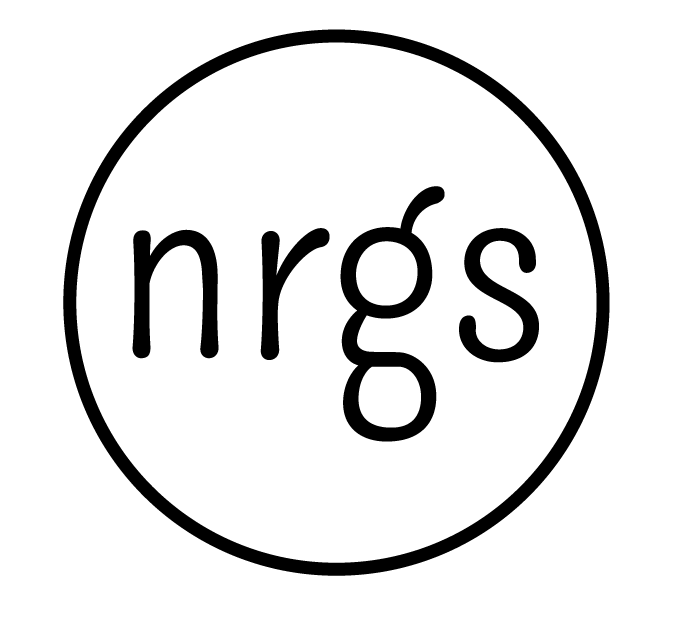Environmental Education Research and Resources
click the blue links below to download or link to resources
This new journal, hosted by Western Washington University's Huxley College of the Environment and the North Cascades Institute, showcases the work of the students in the Masters of Environmental Education program. Articles are based on the final capstone presentations from the end of the graduate students’ programs, and cover a wide range of subjects related to environmental education. Submissions in the journal are separated into two formats: speeches and essays, and some are enriched with multimedia.
Transformative Inquiry (TI) is a unique approach designed to help educators negotiate the complex terrain of learning~teaching. While many types of inquiry exist, TI is imbued with a distinct emphasis on the emotional, physical, spiritual, and mental facets of education. The approach is specifically concerned with questions of be~coming.
Download the TI iBook by clicking here
This research considers a person’s ontological fabric woven from experiences of and in (trans)formative childhood and adolescent places through three conceptual frameworks: complexity theory, endogeny, and i/Indigenous ways of knowing. By re-visiting the (trans)formative places of four exemplary citizens with them, creating an interactive website and iBook, and exploring ten online public participants’ posts, I gained an understanding of how childhood and adolescent outdoor places act as catalysts of community, ecological, and civic environmental engagement. To achieve this, I asked the question: Does learning that occurs in childhood and adolescent outdoor places inform civic, emotional, physical, and/or spiritual engagement or connectedness over the course of people’s lives? If so, how?
Download the non-interactive version of my dissertation iBook
Share your (trans)formative place and a story, video, poem, whatever!
That scholarly dispersal of “knowledge” should adapt to reflect the complexity and mindfulness of ecological intelligence (Bowers, 1995). Other than the spontaneous, intuitive, and interactive activities of some academics, the primary method for knowledge sharing has been couched in the restrictive text of journal articles. This “paper” seeks to stretch outside of the linear, singular-identity-forming boundaries of academia through hypertext, praxis, and author-reader collaboration.
Experiential education is said to be essential in developing a deep understanding of the environment. Opportunities to explore, draw, build, connect, transect, scrutinize, reflect, and play outside are intrinsic to the Robert Bateman Centre youth and family environmental education programming.
I sat as the Chair of The Child and Nature Alliance of Canada from 2013-2015. The Child and Nature Alliance of Canada is a network of organizations and individuals who are working to connect children to nature through education, advocacy, programming, policy, research, and the built environment.
As part of a consultancy team - I helped develop a guidebook for non-timber-forest-products in conjunction with Royal Roads University, Sierra Club BC, and Turning Point Initiatives for rural coastal K-12 schools in British Columbia.
My thesis focussed on how creativity and place-based schooling affects ecological literacy in youth. I developed a tool to measure the growth of an individual’s ecological literacy and used it to measure 16 youth’s experience through an art course in an experiential school in The Bahamas.
In September 2011, 200 delegates (including 27 youth) gathered in Vancouver for a unique forum. This interdisciplinary forum focused on awareness building, partnership development, and action planning, all following the three Healthy by Nature principles:
Spending time in nature improves human health.
Human health depends on healthy ecosystems.
Parks and protected areas contribute to vibrant, healthy communities.
This website provides resources for all interested, such as audio podcasts of the keynotes. Additional content (factsheets, posters and presentations) will be added in early 2012.
Join an international group of students and instructors for an extraordinary six-week field course as we cycle, kayak, boat and walk, visiting the coastal communities of the Salish Sea in British Columbia and Washington State.

